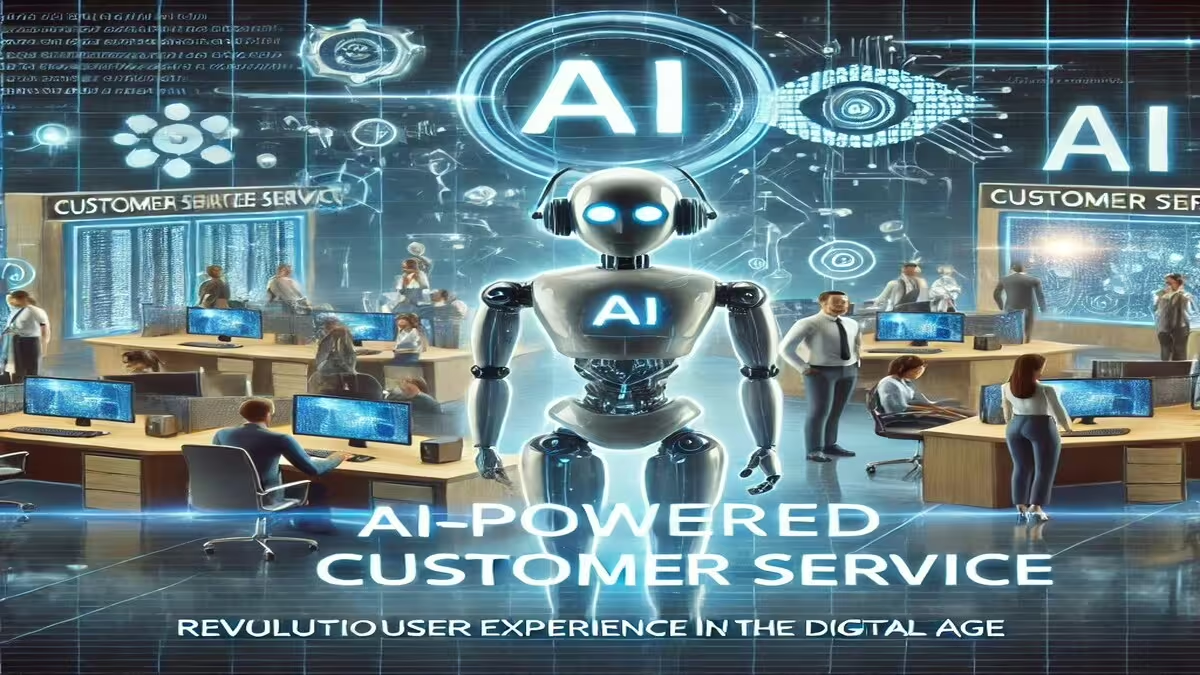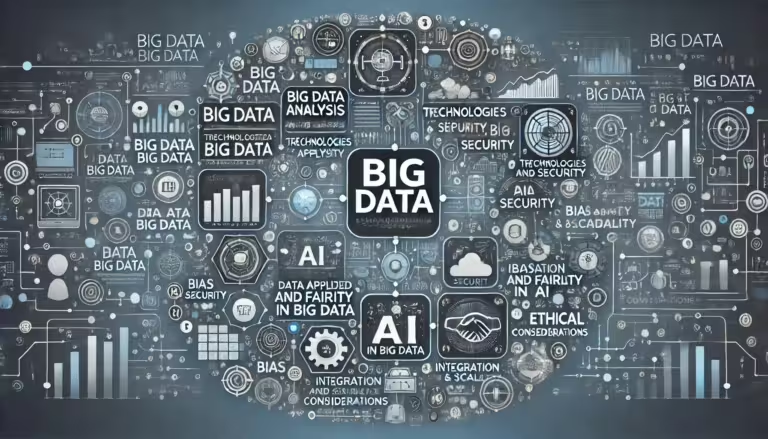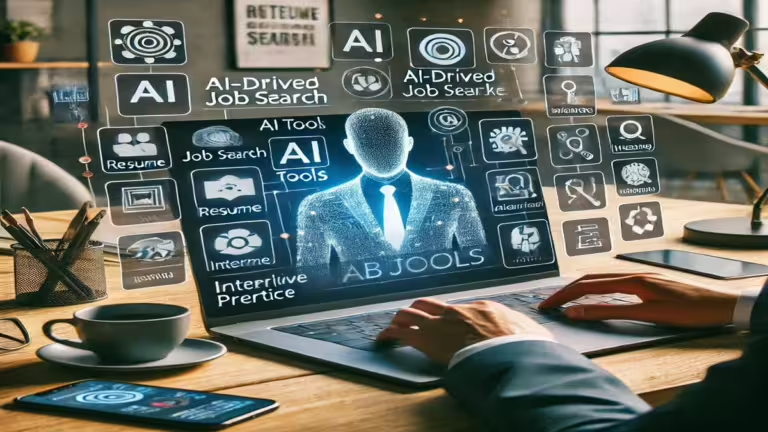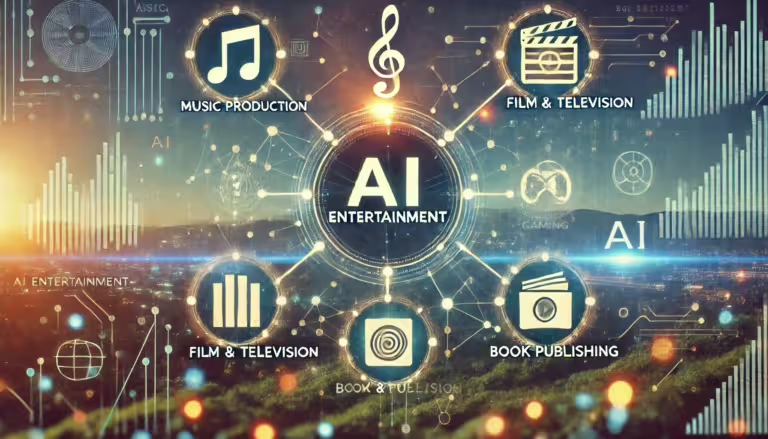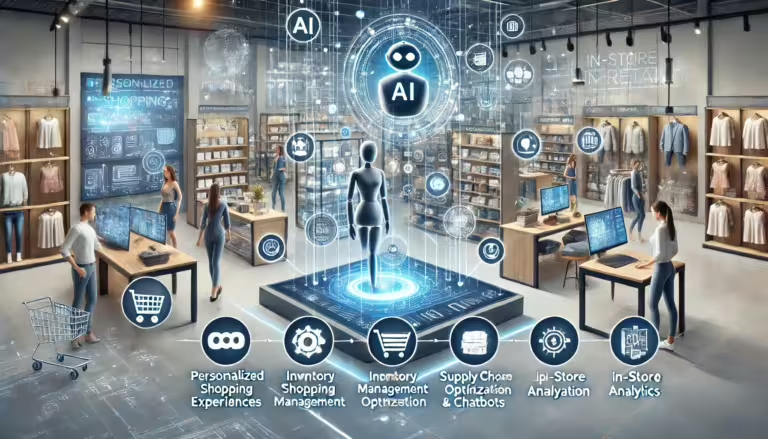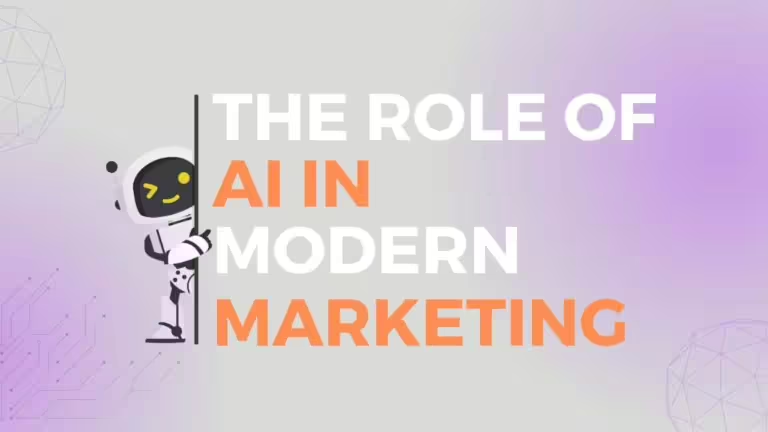In today’s competitive business environment, customer service has emerged as a crucial differentiator. With 96% of consumers globally considering customer service when deciding whether to remain loyal to a business, the stakes have never been higher. Enter AI-powered customer service – a game-changing solution that promises to revolutionize user experience by providing personalized, seamless, and efficient support.
As customers demand faster service and agents struggle to balance speed and quality, AI emerges as the solution to bridge this gap. This blog post explores how AI is transforming customer service and why it’s becoming an indispensable tool for businesses aiming to excel in customer satisfaction.
The Evolution of Customer Service
Customer service has evolved considerably over the years. From traditional phone and in-person support to email and live chat, businesses have continually sought ways to improve their customer interactions. However, the challenge of balancing speed and quality has persisted. AI-powered customer service addresses these challenges by offering automated, quick, and personalized solutions that boost productivity and add a human touch to interactions.
How AI Works in Customer Service
AI in customer service primarily relies on two key technologies:
1. Machine Learning Machine learning algorithms analyze vast amounts of customer data to identify patterns and trends. This enables AI systems to make informed decisions and predictions about customer behavior and preferences. Over time, these systems improve their accuracy and effectiveness, leading to more personalized and efficient customer service.
2. Natural Language Processing (NLP) NLP allows AI systems to understand, interpret, and generate human-like text and speech. This technology enables chatbots and virtual assistants to engage in natural conversations with customers, understand context, and provide relevant responses. NLP also facilitates multilingual support, breaking down language barriers in customer service.
Key Components of AI-Powered Customer Service
1. Chatbots and Virtual Assistants: AI-powered chatbots and virtual assistants serve as the first point of contact for many customers. They can handle a wide range of tasks, from greeting customers and answering common questions to guiding users through complex business processes. These tools can also seamlessly escalate more complex issues to human agents when necessary.
2. Sentiment Analysis: uses AI to interpret the emotional tone of customer communications. This technology helps businesses identify and prioritize urgent or sensitive cases, allowing for more empathetic and timely responses. It also provides valuable insights into overall customer satisfaction and areas for improvement.
3. Content Generation: AI-driven content generation tools analyze customer inquiries and context to produce relevant, human-like responses. This technology significantly reduces response times and ensures consistency in communication. It can also generate personalized content for marketing and support materials.
4. Recommendation Systems: AI-powered recommendation systems analyze customer data, purchase history, and browsing behavior to suggest relevant products or solutions. These systems enhance the customer experience by providing personalized recommendations, increasing cross-selling opportunities, and improving overall satisfaction.
5. Preference Prediction: By analyzing historical data and current behavior patterns, AI can predict customer preferences and needs. This enables businesses to offer proactive customer service, anticipating issues before they arise and providing tailored solutions. Preference prediction also helps in personalizing marketing efforts and product development.
Benefits of AI in Customer Service
1. Decreased Costs: AI-powered customer service solutions can significantly reduce operational costs by automating routine tasks and inquiries. This allows businesses to handle a higher volume of customer interactions without proportionally increasing staff, leading to improved cost efficiency.
2. Increased Efficiency: AI systems can process and respond to customer queries instantly, dramatically reducing wait times. They can handle multiple interactions simultaneously, ensuring efficient management of high support demand and freeing up human agents to focus on more complex issues.
3 Boosted Customer Satisfaction: By providing quick, accurate, and personalized responses, AI-powered customer service enhances overall customer satisfaction. The consistency and availability of AI systems ensure that customers receive high-quality support at any time, leading to improved loyalty and positive brand perception.
4. Improved Agent Morale: AI tools handle routine and repetitive queries, allowing human agents to focus on more challenging and rewarding tasks. This reduction in mundane work can lead to increased job satisfaction, reduced burnout, and improved employee retention in customer service roles.
5. 24/7 Availability: AI-powered systems provide round-the-clock support, catering to customers across different time zones and schedules. This constant availability ensures that customers can receive assistance whenever they need it, enhancing the overall customer experience and satisfaction.
6. Reduced Human Error: AI systems ensure consistent and accurate responses to customer queries, minimizing the risk of human error. This reliability in handling routine processes and providing information improves the overall quality of customer service and reduces the need for follow-up interactions.
Top AI Customer Support Software
1. Hiver: Hiver offers advanced NLP capabilities for accurate context identification in customer queries. Its intelligent template suggestions speed up response times while maintaining personalization. With tiered pricing options, it caters to businesses of various sizes and needs.
Pricing:
- Lite: $19/user/month
- Pro: $49/user/month
- Elite: $79/user/month (Harvey included)
2. Zoho Desk: Zoho Desk’s AI chatbot, Zia, provides intelligent customer support automation. The platform’s sentiment analysis and ticket auto-tagging features streamline support processes. Its scalable pricing makes it suitable for small businesses to large enterprises.
Pricing:
- Free Plan
- Standard: $15.55/user/month
- Professional: $25.12/user/month
- Enterprise: $38.29/user/month
3. Zendesk: Zendesk’s “Intelligent Triage” feature uses AI to prioritize and route customer queries effectively. It offers predictive customer experience insights and deploys bots for handling routine requests. The platform’s diverse pricing tiers accommodate different business requirements and scales.
Pricing:
- Support Team: $19/month
- Support Professional: $55/month
- Support Enterprise: $115/month
- Suite Team: $55/month
- Suite Growth: $89/month
- Suite Professional: $115/month
- Suite Enterprise: Custom
4. Nextiva: Nextiva’s conversational AI capabilities, including support for Google Dialogflow and IBM Watson, enable sophisticated customer interactions. Its Advanced IVR and smart routing features enhance call management efficiency. Flexible pricing options make it accessible to businesses of various sizes.
Pricing:
- Essential: $18.95/user/month
- Professional: $22.95/user/month
- Enterprise: $32.95/user/month
Implementing AI-Powered Customer Service
1. Assess Business Needs Before implementing: AI, thoroughly evaluate your current customer service processes to identify pain points and areas for improvement. Set specific, measurable goals for AI implementation, such as reducing response times or increasing customer satisfaction scores.
2. Choose the Right AI Tools: Select AI tools that align with your business needs, considering factors such as features, scalability, and integration capabilities. Look for industry-specific solutions that cater to your unique requirements and can grow with your business.
3. Integration and Training: Ensure seamless integration of AI tools with your existing CRM and customer service systems. Provide comprehensive training to your staff on how to work alongside AI tools effectively, emphasizing the complementary nature of AI and human expertise.
4. Continuous Optimization: Regularly analyze performance metrics and gather customer feedback to identify areas for improvement in your AI-powered customer service. Continuously update and refine your AI models to ensure they remain effective and relevant as customer needsevolve.
Challenges and Considerations
1. Impact on Workforce: Address concerns about job displacement by clearly communicating the role of AI in enhancing, not replacing, human customer service roles. Focus on reskilling and upskilling employees to work effectively alongside AI tools and handle more complex customer interactions.
2. Trust and Reliability: Ensure transparency in your use of AI in customer service, clearly informing customers when they are interacting with AI systems. Maintain a balance between automation and human touch, allowing for easy escalation to human agents when needed to build trust and reliability.
3 Investment and Implementation: Consider both the initial costs and long-term ROI when investing in AI customer service solutions. Plan for potential disruptions during implementation, including temporary decreases in efficiency as systems are integrated and staff adapt to new processes.
The Future of AI in Customer Service
As AI technology continues to advance, we can expect more sophisticated natural language understanding, enabling even more human-like interactions. Enhanced personalization through deeper data analysis will allow for highly tailored customer experiences. Integration with emerging technologies like augmented reality may provide new avenues for visual customer support, while predictive customer service will become more accurate in addressing issues before they arise.
Some potential future developments include:
- Emotion AI: Systems that can detect and respond to customer emotions in real-time.
- Advanced voice recognition: More natural and seamless voice-activated support.
- Augmented Reality (AR) support: Visual guidance for product use and troubleshooting.
- Hyper-personalization: Tailoring every aspect of the customer experience based on individual preferences and behavior.
Also Read: The Role Of AI In Modern Marketing
Conclusion
AI-powered customer service is no longer a futuristic concept but a present-day necessity for businesses aiming to provide exceptional customer experiences. By leveraging AI technologies, companies can offer faster, more efficient, and highly personalized support while reducing costs and improving employee satisfaction.
The benefits of AI in customer service are clear: decreased costs, increased efficiency, boosted customer satisfaction, improved agent morale, 24/7 availability, and reduced human error. These advantages make AI an indispensable tool for businesses looking to stay competitive in today’s market.
However, implementing AI-powered customer service has its challenges. Companies must carefully consider the impact on their workforce, address trust and reliability concerns, and carefully plan their investment and implementation strategies. By taking a thoughtful and strategic approach to AI adoption, businesses can overcome these challenges and reap the full benefits of this transformative technology.
As customer expectations continue to rise, embracing AI in customer service will be crucial for businesses to remain competitive and foster customer loyalty in the digital age. Those who successfully integrate AI into their customer service operations will be well-positioned to deliver exceptional experiences, drive customer satisfaction, and ultimately, achieve long-term business success.

